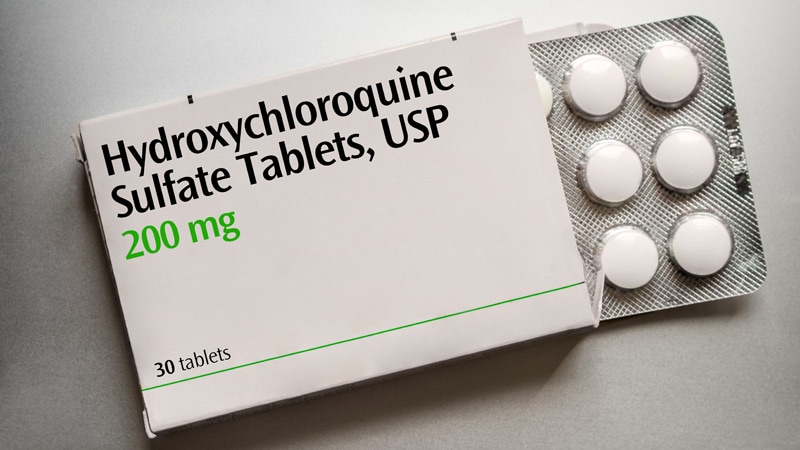
Donald Trump has declared himself a wartime president, but in many of his briefings these days he comes across more as one of those hucksters of late-night television touting miracle cures. He relentlessly promotes the anti-malaria drug hydroxychloroquine as a treatment for Covid-19, even though it has not been proven safe or effective for that purpose. “What do you have to lose?” Trump keeps saying, ignoring evidence that the drug can have serious cardiac side effects.
It is understandable that those suffering from coronavirus disease may be willing to try anything to survive, and some doctors are treating seriously ill patients with hydroxychloroquine as a last-ditch measure. There are also clinical trials under way to see if the drug really does work against Covid-19. But all that is entirely different from the president’s using the White House podium to suggest that everyone should try the medication as if it were a new brand of mouthwash.
Not only is that dangerous – Trump’s comments have caused a run on the drug that has affected those who need it to treat diseases such as lupus and rheumatoid arthritis – but it also stands in contradiction to several decades of efforts to discourage widespread promotion of prescription drugs for uses not approved by the Food and Drug Administration.
Data in Violation Tracker show that over the past two decades pharmaceutical companies have paid out more than $20 billion in fines and settlements to resolve Justice Department, FDA and state attorneys general cases involving the improper marketing of drugs. These include three dozen cases in which the penalty amount exceeded $100 million and five in which the amount was more than $1 billion.
The largest single penalty of this kind was the $3 billion paid by GlaxoSmithKline in 2012 for off-label promotion of drugs such as the anti-depressant Paxil as well as its failure to report certain safety data. In 2009 Pfizer and its subsidiary Pharmacia & Upjohn agreed to pay $2.3 billion to resolve allegations that they illegally promoted drugs such as the anti-inflammatory Bextra.
In 2013 Johnson & Johnson and several subsidiaries paid $2.2 billion in criminal fines and civil settlements to resolve allegations they had marketed the anti-psychotic medication Risperdal and other drugs for unapproved uses as well as allegations that they had paid kickbacks to physicians and pharmacists to encourage off-label usage. At a press conference announcing the resolution of the case, U.S. Attorney General Eric Holder said the company’s practices ”recklessly put at risk the health of some of the most vulnerable members of our society — including young children, the elderly and the disabled.”
In the current situation, it is an elected leader rather than a drug maker doing the improper promotion, but a corporation — the French firm Sanofi, which produces hydroxychloroquine under the brand name Plaquenil – stands to benefit. As a result of Trump’s hype, a sleepy product dating back to the 1950s, is now the most sought-after pharmaceutical on the planet.
Sanofi is being cautious, stating on its website that Plaquenil “can cause serious adverse reactions and should not be taken without medical prescription or advice,” adding that it has not been approved for use in Covid-19 patients. Yet the site goes right on to state: “According to some preliminary results from independent pilot studies, hydroxychloroquine was reported as having a potential anti-viral effect on the virus that causes COVID-19.”
Other companies such as Amneal Pharmaceuticals, which produces a generic version of hydroxychloroquine, may have their own pot of gold. The company has ramped up production of the drug and has generated good p.r. by donating a quantity of the medication to the state of Texas.
The risk here is that Trump’s unbridled advocacy for the drug will steamroll the FDA into opening the floodgates and making it available not just to the desperately ill, but also to millions of others who have a mild form of the disease or are not infected at all. And we may never know for sure if those millions benefited from the medication or were needlessly exposed to cardiac and other risks.